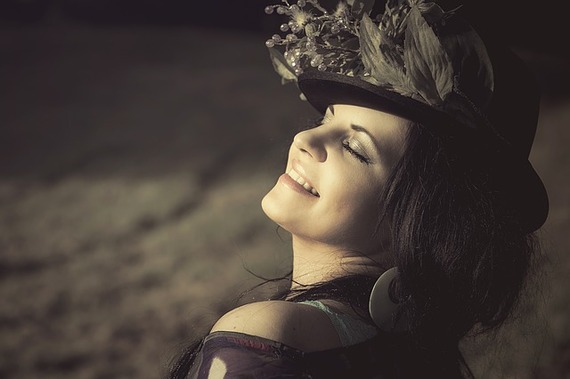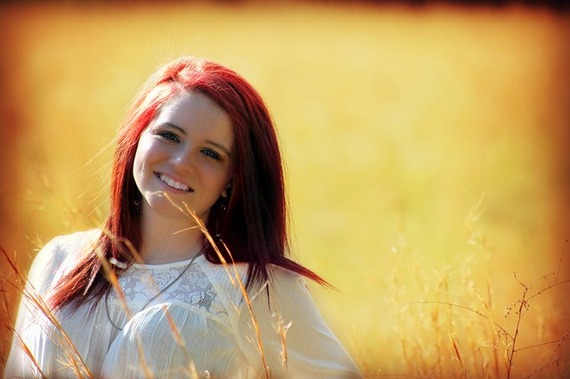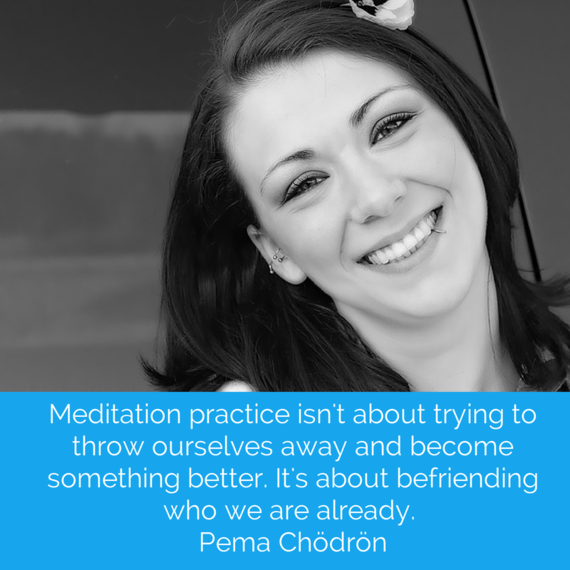You are probably not interested in my personal opinions about gratitude. If you read something about gratitude you want to know that it's not just relevant to me but to you as well. Well, at least I hope that's what you want.
Because that way you might try something that will make a big difference to your day. And even transform your life. OK, I know that sounds like a big claim. But recent neuroscience and psychological research back me up here -- and so do my personal experiments.
I have been testing the science in my own life for some time now, and I know that my brain is changing for the better. So too are my feelings of happiness (or if you prefer, my "well-being"). And my ability to regain my balance sooner and with less difficulty than I have before. I yell less, I feel calm more often than I do anxious and I experience more light-hearted joyful and uplifting moments every day. Barbara Fredrickson discovered that people who flourish have a 3:1 ratio of positive to negative emotions. Any less and you are floundering. So increasing the frequency of these moments matters.
So what has made the difference? Being mindfully grateful is a big part of it. I make the choice to spend as many moments as possible noticing what's good about my day, my surroundings, my life, my family and myself. After all it's only the present moment we have -- the past is history and the future is imagination.
But I do more than just notice it mindfully and tick the token gratitude box. As often as I can, I savor each one for at least 20 seconds. Why? Because, "The longer that something is held in awareness and the more emotionally stimulating it is, the more neurons that fire and thus wire together, and the stronger the trace in memory." So that means we are getting more than fleeting value from each one: we are rewiring our brain for happiness. I talk and write about this practice a lot because it is so simple and powerful. All we have to do is be aware (mindful) of good things as they occur and pause long enough to allow them to really soak into us. It's like a mini-meditation on the run!
I don't always feel like being grateful. Gratitude is part of the puzzle; the other big part is being kind to myself. I have cranky, sad and lethargic moments too. But instead of criticizing myself at those times OR faking gratitude, I have experimented with another practice backed by science: accepting those feelings with the kindness I would show to a cranky friend. That is so much more soothing and frees me up to be grateful again sooner. Kristin Neff calls this a self-compassion break. Pausing and turning towards our pain in kindness rather than judgment.
It's not earth shattering and it's not going to be like fireworks every time -- but it IS cumulative. It's also backed by scientific evidence so we know it works.
After a while you will start to connect the dots between these parts of the happiness puzzle. And like any rewarding habit, you will start to make these choices more often because you know the rewards are there. It's less often an act of willpower, like resisting that piece of cake, and more like turning towards the sun. It's quick, easy and enjoyable.
May you too be mindfully kind and grateful as often as you remember to -- and rewire your brain for flourishing.


